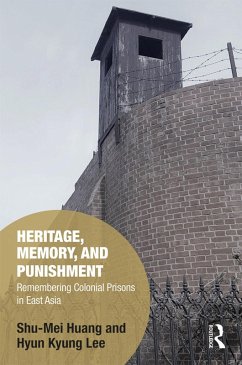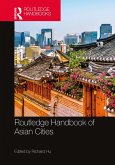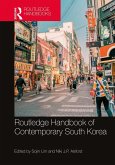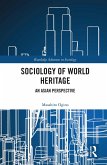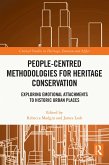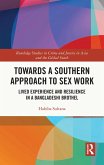Dieser Download kann aus rechtlichen Gründen nur mit Rechnungsadresse in A, B, BG, CY, CZ, D, DK, EW, E, FIN, F, GR, HR, H, IRL, I, LT, L, LR, M, NL, PL, P, R, S, SLO, SK ausgeliefert werden.
'Sites of Japan's colonial incarceration relate to both the authority of geography and the power of heritage history. Huang and Lee both demonstrate in their ground-breaking volume how these often punitive forms of colonial modernity were then later consumed, reshaped or destroyed in the ensuing years of national and international debates about the legacies of empire.' - Barak Kushner, Professor of East Asian History, University of Cambridge, UK
'Huang and Lee's well-researched and thoughtful work reminds us of the dangerous temptation to confine critique to a reviled external 'Other' when the impulse to repression still thrives much closer to home.' - Edward Vickers, International Journal of Taiwan Studies
'Tackling the difficult legacies of colonialism and decolonisation, the authors offer a refreshing and compelling perspective that transcends the often myopic and simplistic debates surrounding Western colonialism. As such, this book has a broad appeal not only to scholars interested in East Asian history, but also to scholars in postcolonial studies, heritage studies, memory studies, and penology.' - Rin Ushiyama, Journal of Cultural Analysis and Social Change
'Huang and Lee's excellent and highly innovative volume exemplifies how the interdisciplinary intellectual territory of critical heritage studies intersects with empirical history and politics.' - Anoma Pieris, International Journal of Heritage Studies

